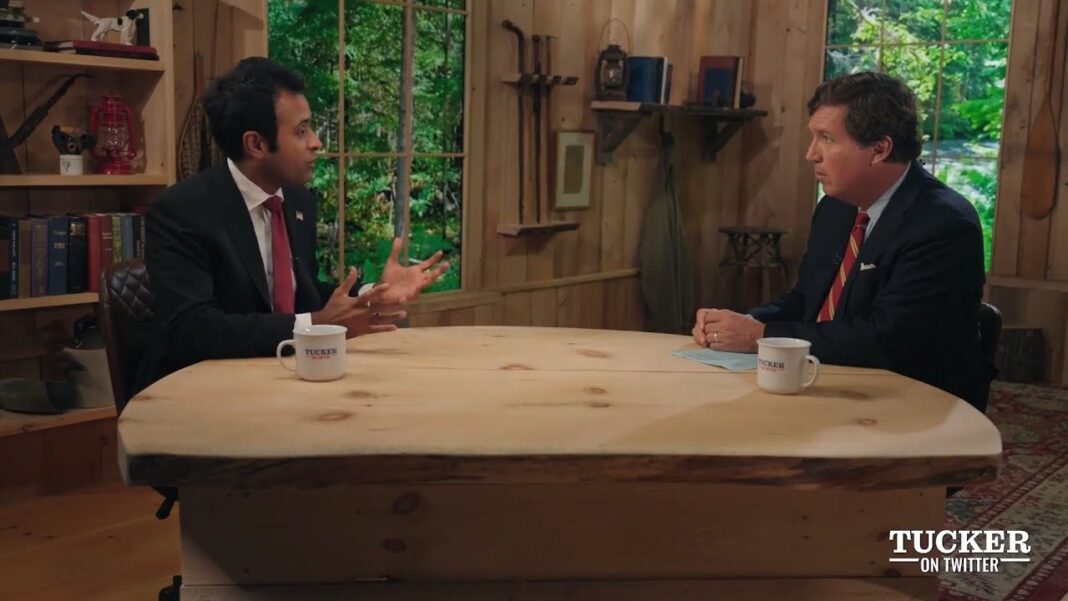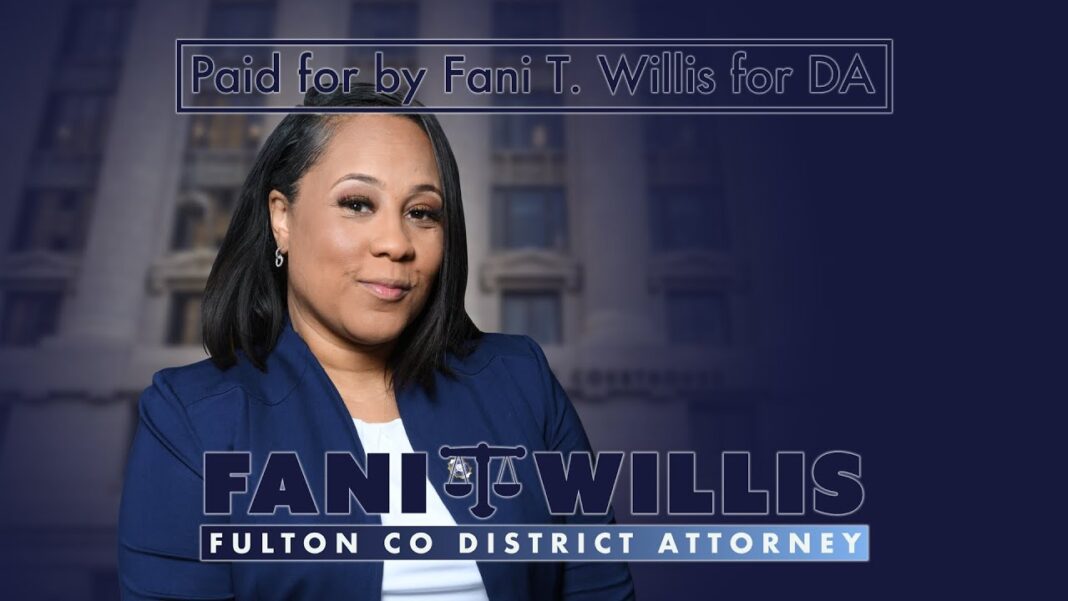
TikTok asked to pledge allegiance to U.S. security over corporate profits. To avoid being banned, TikTok might have to give the government “unprecedented control over essential functions that it does not have over any other major free speech platform,” reports Forbes, which reviewed a draft agreement between the company and the feds from last summer.
The situation is sadly ironic, considering that the ostensible concern U.S. lawmakers have about TikTok is that it could be subject to too much government surveillance and control by the Chinese government.
Of course, U.S. lawmakers and politicians have never actually been strictly opposed to government snooping on digital communications or strong-arming tech companies. Just look at the Snowden revelations or the Facebook Files. They just don’t like it when they’re left out of the game.
And spreading unproven tales about how the Chinese Communist Party (CCP) might access TikTok’s U.S. user data served the dual purpose of stirring up anti-China sentiment (always a win for a certain strain of hawkish Republican) and giving American authorities a pretense to grab more control of TikTok themselves (a bipartisan desire).
The confidential draft agreement viewed by Forbes comes from summer 2022. It’s “nearly 100 pages long” and “contains comment exchanges between lawyers for ByteDance and the Committee on Foreign Investment in the United States (CFIUS), a group of federal agencies that investigates foreign investment in business deals that could threaten national interests,” notes Forbes:
The draft agreement, as it was being negotiated at the time, would give government agencies like the DOJ or the DOD the authority to:
• Examine TikTok’s U.S. facilities, records, equipment and servers with minimal or no notice,
• Block changes to the app’s U.S. terms of service, moderation policies and privacy policy,
• Veto the hiring of any executive involved in leading TikTok’s U.S. Data Security org,
• Order TikTok and ByteDance to pay for and subject themselves to various audits, assessments and other reports on the security of TikTok’s U.S. functions, and,
• In some circumstances, require ByteDance to temporarily stop TikTok from functioning in the United States.





